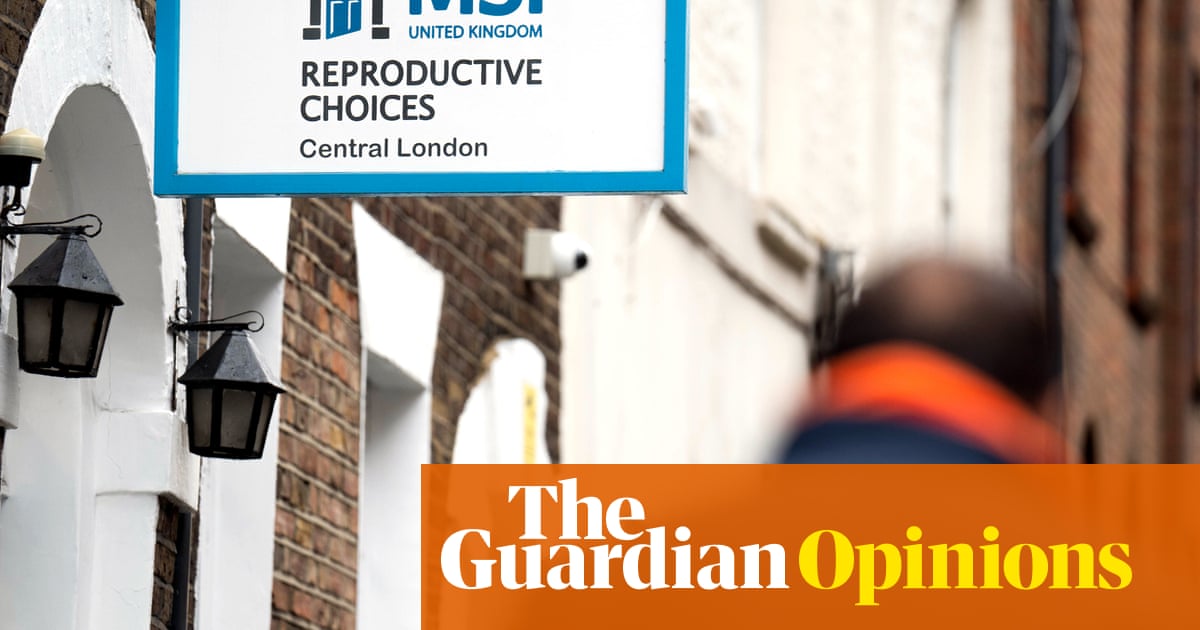It is less than a year into this Labour government and we are already in another cycle of scare tactics. During the general election, any concerns expressed over Labour’s policies (or lack thereof) were quickly shut down by the pressing need to get a disastrous Tory government out.
Now in power, concerns have been once again pushed aside. There is no time for the luxury of scrutiny of accountability, because now Reform is rising and the party must be stopped. Once again, the voter is asked to park their issues with Labour and save the nation from a worse alternative. “A vote for anyone but Labour risks more chaos under a Farage-Tory coalition,” posted the Labour party on its X account in early May. “Vote Labour. Stop Reform.”
This is hostage politics.
When voters are asked constantly to make decisions not on the kind of government they want, but the one they don’t want, something is broken. The voter is held captive and presented with a series of escalating threats that only a vote for Labour can prevent. Reform’s big gains in the local elections, like a severed finger in a bloody envelope, are proof that no one is bluffing. Vote Labour, stop Reform.
In the meantime, there can be no discussion of Labour’s record in office so far, its cutting of disability benefits, winter fuel allowance, preservation of the two-child limit, or its leadership’s excruciating failure to inspire or carve out a clear identity. You could argue that Reform has, in fact, been a gift to Labour, and you wouldn’t be wrong. According to reports, Labour insiders “see a silver lining in the rise of Reform”, because it means the government can terrorise Green voters on the doorstep and say “it’s fine if you want to vote Green, but you’ll have Nigel Farage in Downing Street”.
With extortion as an organising principle of politics, what you definitely have whether Farage makes it into Downing Street or not is a system that cannot be defined as democracy. And it is not a phenomenon limited to Britain’s own particular microclimate. Centrist parties as a whole across the developed world are posting poor results. This is because they have few answers to the historic diminishment in prospects we are seeing across the world. Many people are unable to secure a life in which basic rights – housing, stable employment, a decent income – are guaranteed. Cost of living crises, weak economic growth, wage stagnation, decreasing upward mobility, and an inability to live the generally dignified lives their parents had, is hitting younger generations the hardest. An entire cohort of people is entering participatory democracy and realising that their future is cancelled.
The result is a growing and logical loss of faith in the system. Polling shows that among young adults in the west, satisfaction with democracy is “plummeting further and faster … than any other group”. The 2008 financial crash produced a system in which wealth became so concentrated that in the US, the result was the “largest spike in wealth inequality in postwar American history”.
Elsewhere in Europe, austerity deepened inequality and shrank public services. Political and economic policies, from quantitative easing that favours the wealthy, to cuts to the public sector that by their nature affect the middle and working classes, were all decisions that chose to privilege one set of people and institutions over another. And today, parties like Labour are hellbent on maintaining the system those bequeathed those decisions, while demanding that voters stabilise it by stifling their frustrations and aspirations for a better life.
There is contempt here. Labour’s escalating anti-immigration rhetoric and its promotion of fiscal prudence, which is just austerity by another name, are the policies not of a party doing its best in difficult circumstances, but one making active ideological decisions. Instead of changes, say, to the tax system, and a commitment to thinking differently about an economic paradigm that has reached an undeniable dead end, Labour looks at the rising wave of populist politics, scratches its head, and decides to tell voters that the populism is the problem, not the world that created it. “Serious pragmatism defeats performative politics,” Keir Starmer drones. OK. But there comes a point at which you have to ask why “performative” politics, something which Starmer believes is the hallmark of the right and the left, is snapping at your heels less than a year into your tenure.
The galling thing is that yes, of course, Reform and far-right parties are worse. But Labour is not only complicit, it is instrumental in ensuring that those forces are in play at all. It is all resonant of the pre-Arab spring warning to would-be revolutionaries – there will be chaos once the dictators are gone. The dictators went and the chaos did follow. But the reason for that wasn’t that wanting freedom and dignity is wrong. For too long economic mismanagement and political oppression were allowed to build up in the system, only held together by brute force of fear and inability to imagine or generate what could come after. The self-defined custodians of stability in fact make instability inevitable by not creating the conditions for the emergence of another viable alternative, and in fact, destroying it when it does threaten to emerge.
But fear can only go so far. And constantly using fear only for things to stay the same, rather than for them to get better, is a dangerous strategy. It only proves that the government does indeed have nothing to offer. The bare-minimum management of an economic model that has long ceased to work for too many people, and in which voters feel they have no power, can only go in one direction – towards an unhinged right. Labour can threaten all it likes, but in doing so it may push voters in that direction.
Sometimes – and you only need to look across the Atlantic for a chilling example of this – the potential possibilities in a chaos voters feel they have chosen are better than the stalemate they feel they have not. A hostage that begins to lose hope of ever being released sometimes takes a calculated risk and tackles its captor.
-
Nesrine Malik is a Guardian columnist
-
One year of Labour, with Pippa Crerar, Rafael Behr and more On 9 July, join Pippa Crerar, Rafael Behr, Frances O’Grady and Salma Shah as they look back at one year of the Labour government and plans for the next three years

 4 hours ago
8
4 hours ago
8













































